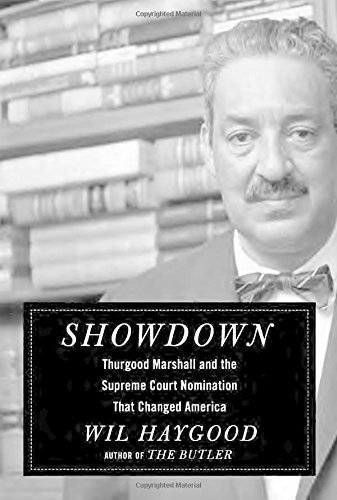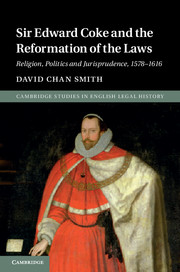The Simon Dubnow
Institute for Jewish History and Culture at Leipzig University is
planning a new research group centered on the biographies and life work
of nineteenth and twentieth century Jewish legal theorists.
Within the research group's framework, the Institute will sponsor three
closely aligned, interdisciplinary studies of individual jurists. We
welcome project proposals from interested scholars.
The biographies are
meant to address problems of cultural and legal history and be oriented
towards the chronology of each jurist's œuvre. The projects should place
special emphasis on the interaction between
law and experience, with both dimensions explored through a
juxtaposition of the biographies and work of – prominent and still
hardly known – legal theorists. Of special interest here are the
influences of political and historical constellations, social and
life experiences, and religious background on a jurist's particular
legal understanding. Importantly, we discourage approaches meant to
demonstrate simple causalities between work and events; rather, we
invite approaches grounded in both a careful distinction
and simultaneous connection between origins, biography, and conceptual
development.
We encourage inquiries
oriented toward a complex of shared biographical, professional, and
theoretical features: Were there, for example, legal areas for which the
Jewish jurists felt special affinity? Can we
identify legal tendencies of a theoretical-philosophical nature that
were perceived as particularly compelling? In what ways did the Jewish
legal theorists stamp the development of relevant schools and juridical
realms? Did specifically Jewish experiences contribute
to the formation of particular legal concepts? And crucially, to what
extent did legal concepts and styles change with transformations in the
historical, political, social, and cultural environment?
Our research group
wishes to explore such questions against the backdrop of various breaks
that were decisive for nineteenth and twentieth century general history
and Jewish history in particular. These include
the emergence of ethnically homogenizing nation states from the bankrupt
old empires after World War I, the transfer of power to Hitler, the
beginning of the postwar period, and the movements of migration and
flight catalyzed by these developments.
In the framework of a
project workshop, there will be a possibility of presenting selected
project outlines in the first quarter of 2016.
We invite interested scholars to submit supporting documents, including a vita and a three-page project outline, to:
Simon Dubnow Institute for Jewish History and Culture
at Leipzig University
Professor Dr. Raphael Gross
Goldschmidtstraße 28
04103 Leipzig
at Leipzig University
Professor Dr. Raphael Gross
Goldschmidtstraße 28
04103 Leipzig
or per email to Dr. Jan Gerber (gerber@dubnow.de)
Application deadline: 1 November 2015
The Simon Dubnow
Institute places special emphasis on equal opportunity in hiring and
research support; applications from qualified women are thus
particularly welcome.
Contact Info:
Simon Dubnow Institute for Jewish History and Culture
at Leipzig University
Professor Dr. Raphael Gross/Dr. Jan Gerber
Goldschmidtstraße 28
04103 Leipzig
at Leipzig University
Professor Dr. Raphael Gross/Dr. Jan Gerber
Goldschmidtstraße 28
04103 Leipzig
Contact Email: gamke@dubnow.de














